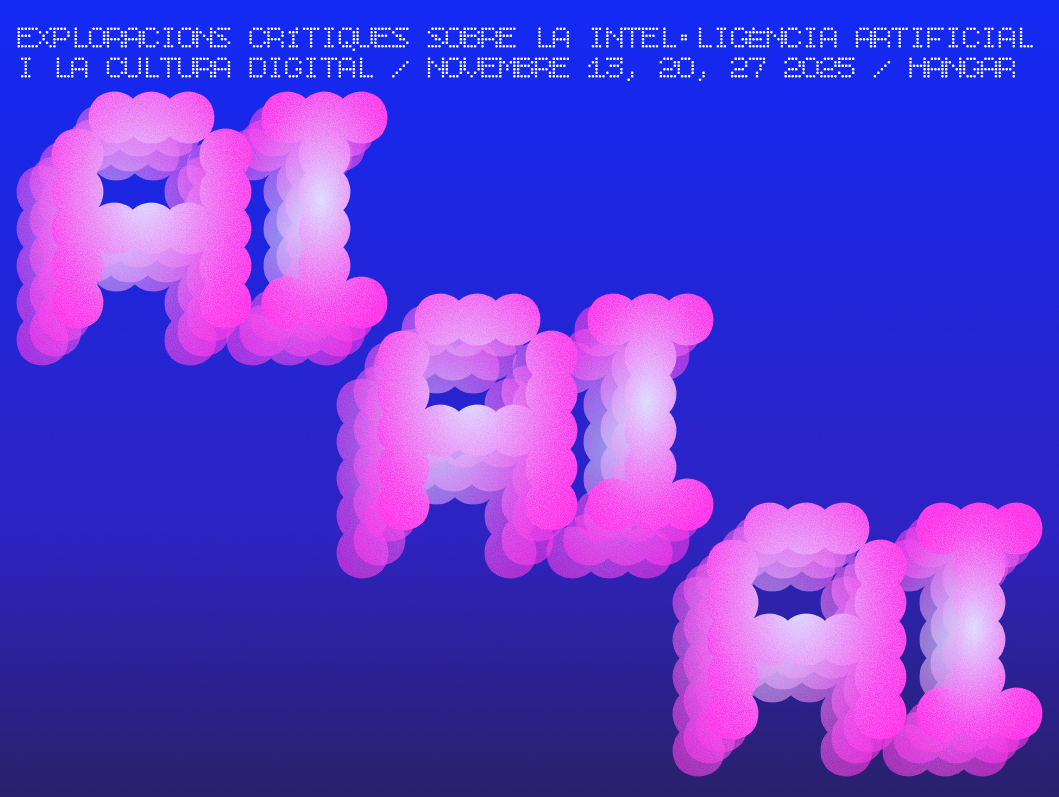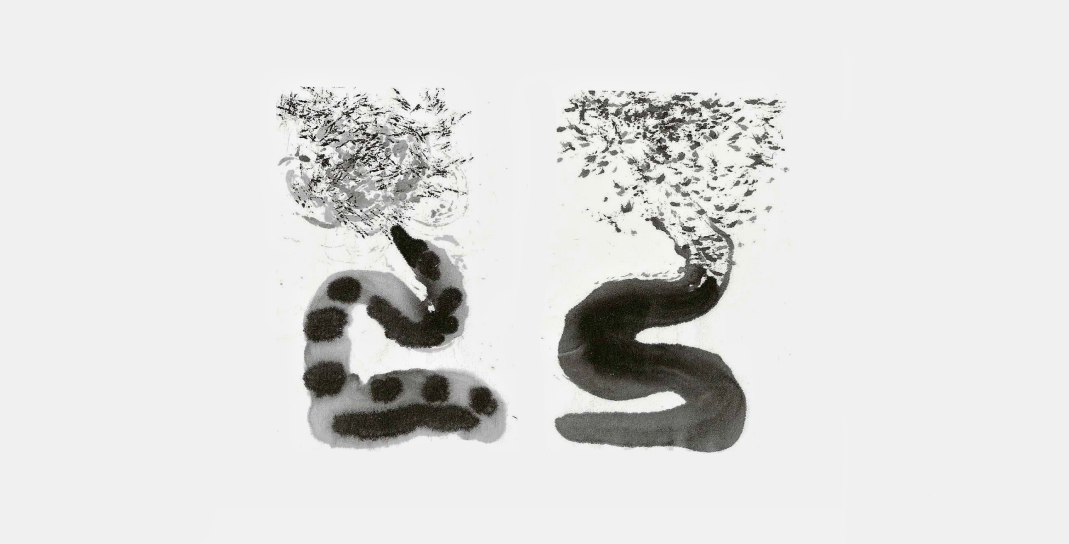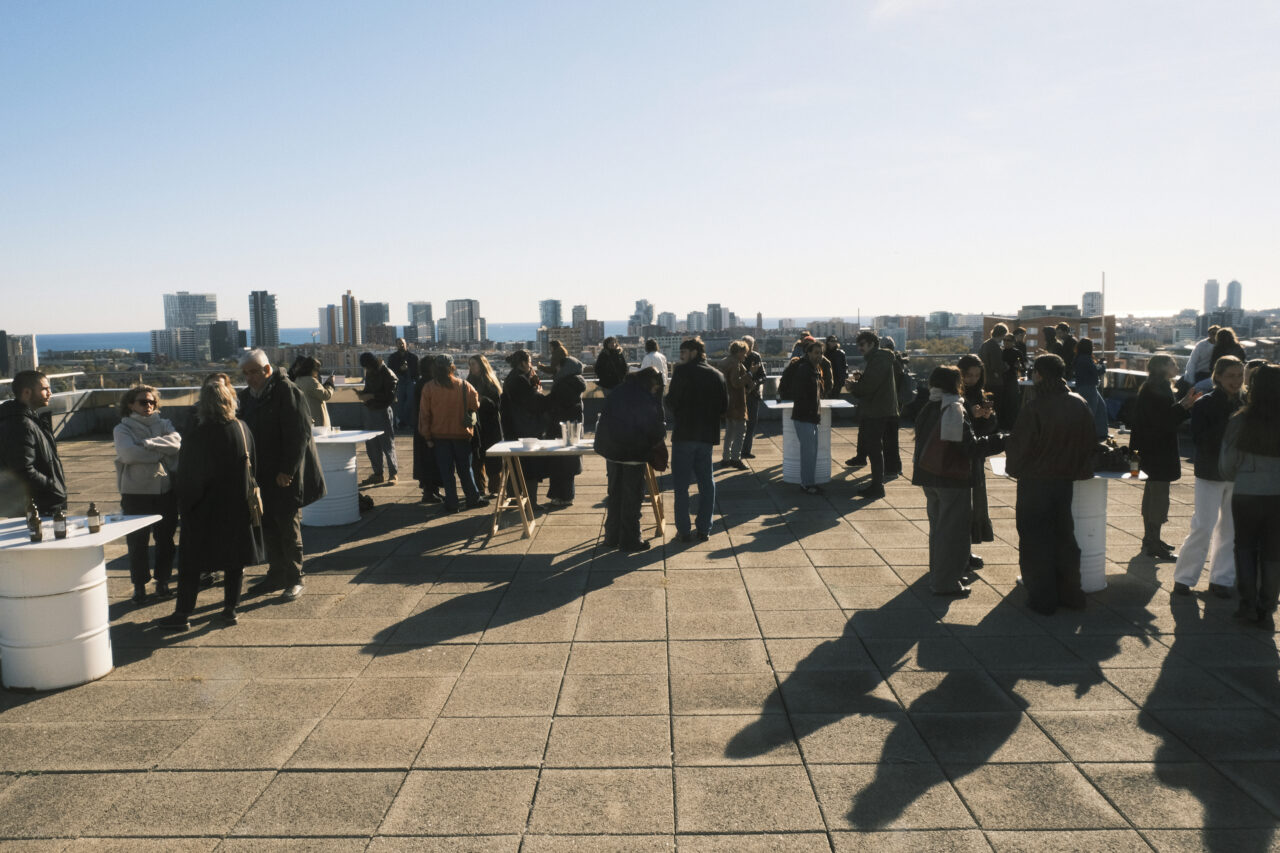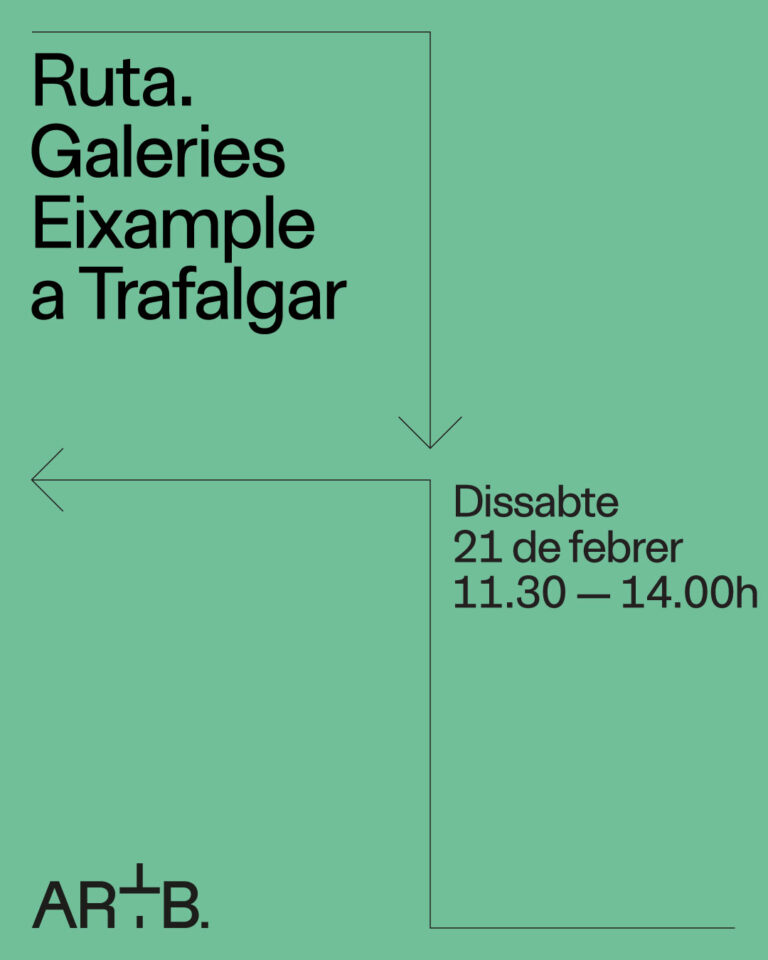Program
1. D’on no IA, no en raja (You can’t get blood from AI stone)
November 13, 7–9 pm
Former Offices (Door T), Hangar
Registration here
This altered version of a typical Catalan saying suggests that if you don’t use artificial intelligence, you fall behind. But is that really true? In this collaborative workshop, we will train a basic LLM (Large Language Model) to understand how it works, what it can do, and where its limits lie. Before that, through the invited participants, we will explore how different AI tools are used in their professional fields, ranging from image, video, and sound generation to code development.
Participants:
— Paco Chanivet, artist researching the intersection of installation, sculpture, and generative processes using artificial intelligence.
— Xavi Vinaixa, computer scientist, entrepreneur, and media communicator specializing in technology and AI.
— Lluis Bigorda, professor at UAB in the Department of Computer Science.
— Ivan Paz, professor at FIB in the Department of Computer Science and co-founder of the TOPLAP collective.
Program:
— Uses of AI: creation, resources, and limitations.
— Introduction to AI model development (presented by the guests).
— Discussion on truly useful functionalities of this technology vs. false promises promoted by companies and journalists.
— Discussion on “checkpoints” in datasets. Do they belong to everyone, or are they ours since they’re based on our artistic work?
— Process automation vs. creative possibilities of this technology.
2. On IA dades, IA dubtes (No data without doubt)
November 20, 7–9 pm
Old Offices (Door T), Hangar
Registration here
Our information is online: personal data on social networks, legal obligations, consumption patterns, news publications, research results, artistic works, and all kinds of intellectual content we produce and choose to share. The new tools of artificial intelligence emerge precisely from humanity’s inability to process these oceans of information—to analyze databases so vast that they are beyond the grasp of any individual mind.
As with all technologies, after an initial stage of fascination and enthusiasm, we inevitably reach a second phase: the one in which technology loses its “innocence” and becomes an instrument of social control, a mechanism for economic power concentration without clear returns for the community, and, in the case of artificial intelligence, a tool for surveillance and prediction.
We are witnessing how creative content produced by millions of people is being absorbed and repurposed by these tools, which present it as their own—without any acknowledgment of the effort, passion, and human inventiveness that made its existence possible. The result is a series of products that often prove difficult to interpret as genuinely useful contributions to society. Or, conversely, are we facing an unprecedented opportunity for a creative explosion—enriching and accessible to all—that we should not fear, but rather embrace and shape for our collective and individual benefit?
Participants:
— Alejandra López, philosopher specializing in art and digital technologies.
— Antonia Folguera, curator and communicator who has been exploring AI in art since 2016, with a particular focus on music.
— Toni Navarro, philosopher specializing in gender and technology.
Program:
— Morality and privacy: Is it ethical for artificial intelligence to use data from social networks and other publicly available sources?
— The future of online content: Will we continue to publish openly, or will we move toward private information circles?
— Impact on creation: What effects do the “enshittification” of the internet and the rise of commercial AIs have on the work of creators?
3. AI Nauseam. Digital Dissidences and Digital Sovereignties
November 27, 7–9 pm
Old Offices (Door T), Hangar
Registration here
How can we build a digital life outside the control of large corporations and platforms? What impact would this have on our daily lives? For decades, some individuals and communities have chosen more intimate, autonomous, and anti-capitalist computing circuits. They have long practiced what is now called “digital sovereignty,” a concept often presented as geopolitically out of reach but which is a concrete reality for those who pursue alternative digital paths.
The emergence of artificial intelligence tools—once limited to the technical realm of “algorithms” and now marketed as synthetic “intelligences”—opens the door to increasingly dystopian scenarios. Digital dissidents have historically framed this as a genuine “war” between two opposing models: a distributed, collaborative, and open digital model on one side, and a centralized, individualistic, and opaque model on the other.
As in society at large, we find ourselves in an advanced stage of degradation—a “wading through the mud” of our relationships and experiences—without being entirely sure whether this self-consuming cycle begins in the digital or the material world. Can dissident practices serve as examples for building a more dignified digital and social future? Or are we merely awaiting, from our fragile house-of-cards structures, the consequences of a world dominated by megalomaniac corporations and unscrupulous technocrats? In this roundtable, we will explore concrete experiences of digital lives based on free software and technological self-sufficiency. We will also share tools and strategies to defend autonomy in an increasingly controlled environment.
Participants:
— Jorge, former sysadmin and webmaster at Hangar, currently a member of the Nuvolcoop cooperative.
— Xose Quiroga, resident of Calafou and former Hangar resident. His practice combines activism, aesthetics, and technical experimentation.
— Gaia Leandra, hacker, cybersecurity auditor, and forensic computing expert.
Program:
— Digital isolation: strategies for disconnecting and examples of people operating in more intimate and/or anti-capitalist computing circuits.
— Digital sovereignty: practice-based reality versus fantasies.
— Ethical tools: how to use them when work or social life pressures you to adopt commercial platforms (e.g., Instagram, WhatsApp).
— Content protection: is it possible to defend against data harvesting and prevent machines from exploiting what we publish openly?





